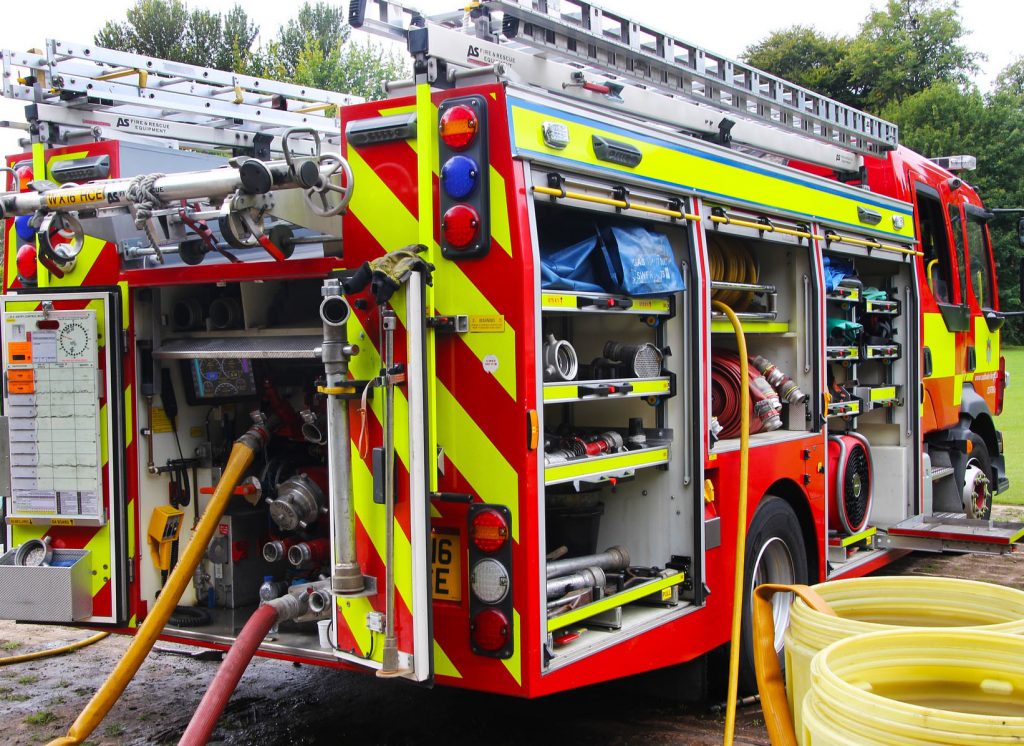This website uses cookies so that we can provide you with the best user experience possible. Cookie information is stored in your browser and performs functions such as recognising you when you return to our website and helping our team to understand which sections of the website you find most interesting and useful.
Avoid sunburn to reduce your risk of skin cancer
21/07/2023

The warning from the NHS Thames Valley Cancer Alliance comes as the school holidays begin
As the school summer holidays begin, the NHS Thames Valley Cancer Alliance is warning us about the risks of skin cancer caused by sunburn.
Almost 173,000 cases of skin cancer are diagnosed each year with rates in some types of skin cancer having doubled since the early 1990s.
Everyone can be vulnerable to skin cancer if they allow their skin to burn in the sun, or if they use tanning beds and lamps. Even on a cool cloudy day the sun’s ultra-violet radiation can damage our skin without us realising.
The risk of all skin cancers increases with age, with melanoma one of the most common cancers in people aged 15 to 44.
There are two types of skin cancers. Non-melanoma develops in the upper layer of your skin usually on the areas which are most exposed to the sun, such as your face, ears, hands, shoulders, upper chest and back. Common signs of non-melanoma skin cancer include a sore area of skin that doesn’t heal, looks different, or hurts, is itchy, bleeds, becomes ulcerated, crusts, or scabs for more than four weeks.
The other type is Melanoma, which starts in the cells that give skin its colour, often visible as a new mole or an existing mole that has changed.
Dr Anant Sachdev, a GP and the TVCA Prevention and Early Diagnosis Clinical Lead, said: “Fun in the sun shouldn’t involve sunburn and increasing the chance of skin cancer. We encourage people who work outdoors to stay safe and avoid skin damage with simple measures. These include using a sunscreen of at least SPF 30+ every two hours, avoiding the midday sun, and wearing a wide-brimmed hat and loose cool clothing that covers your skin.
“Never let your skin burn in the sun whatever your skin tone is as this can cause the changes in your skin cells which can potentially lead to skin cancers. Completely avoid sunbeds and tanning lamps! They expose your skin to high intensity UV radiation which dramatically increases the risk of skin cancer. No tan is worth this risk.”
Anyone who notices a skin change which is new or unusual should contact their GP.
Published: by Banbury FM Newsteam



